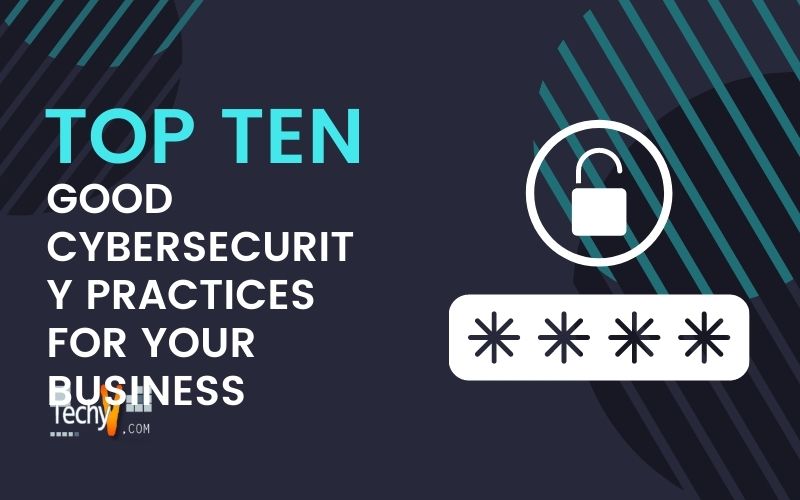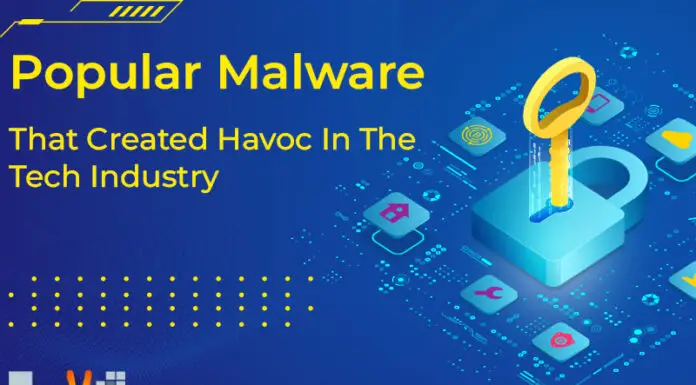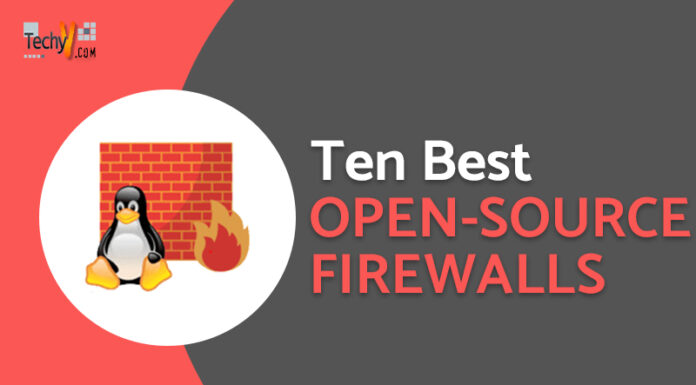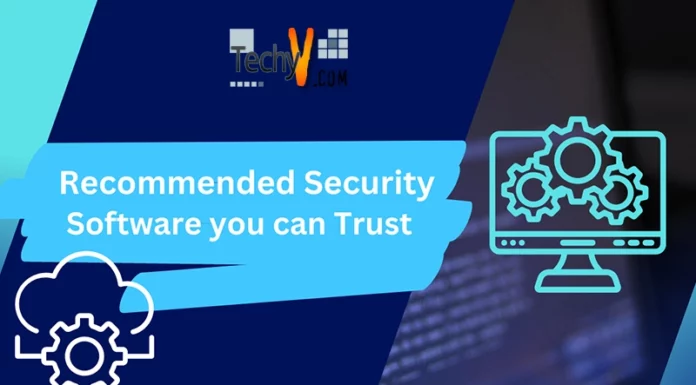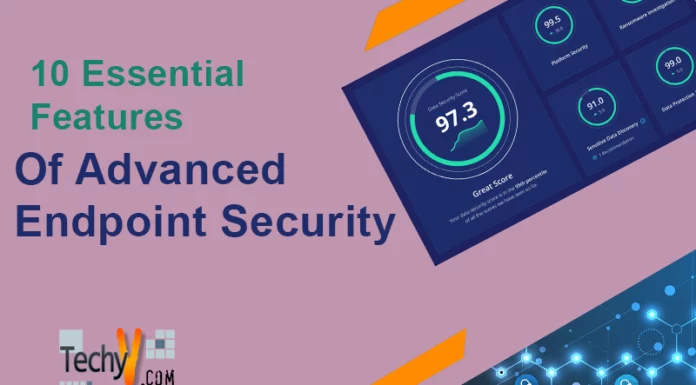Cyberattacks and cybercrimes are common and increasing day by day. It is crucial to protect your company’s data and network. Hackers are present at any time to grab your sensitive company data, which will create a data breach. Cybersecurity is one crucial component that helps safeguard the data in your organization. It will help protect your servers, networks, and personal data from malicious hacker attacks. Cybersecurity practices help you be cautious with phishing emails, suspicious web links, and email attachments. But how to identify threats to keep your data safe and secure? Here we list the ten best cybersecurity practices to prevent your data from threats.
1. Ensure Strong Passwords And Authentication
It is vital to generate unique and complex passwords to protect your system from cyber threats. Your password must be alphanumeric with 8-14 characters long, combining symbols, lowercase and uppercase letters, numbers, and special characters. Regularly changing the passwords is mandatory to stop cyber thieves from accessing the information. Companies also recommend two-factor or multi- factor authentication, where you get a code to log in to your system that ensures safety.

2. Enable Firewall Protection
Firewall protection is one of the best ways to prevent cyber attacks. It will obstruct any unauthorized users access your websites, company data, or any other information. It is equally important to install firewall software on your company’s network and for your home network when at home. The firewall acts as the first line of defense for data protection and shields the system from unnecessary traffic.
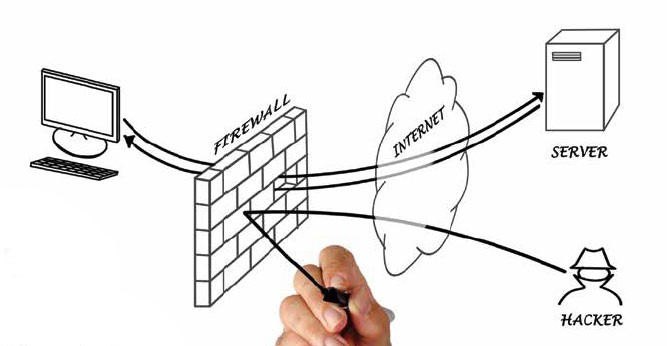
3. Initiate Regular Backups
A backup is the best way of archiving your files and folders. It will protect your data against any threat or corruption. Hackers aim at the company’s secured data files and disrupt organizational activities. Having a copy of all data is much safer as it is the best way of data recovery. Also, it is essential to keep your data protected, encrypted, and frequently updated.
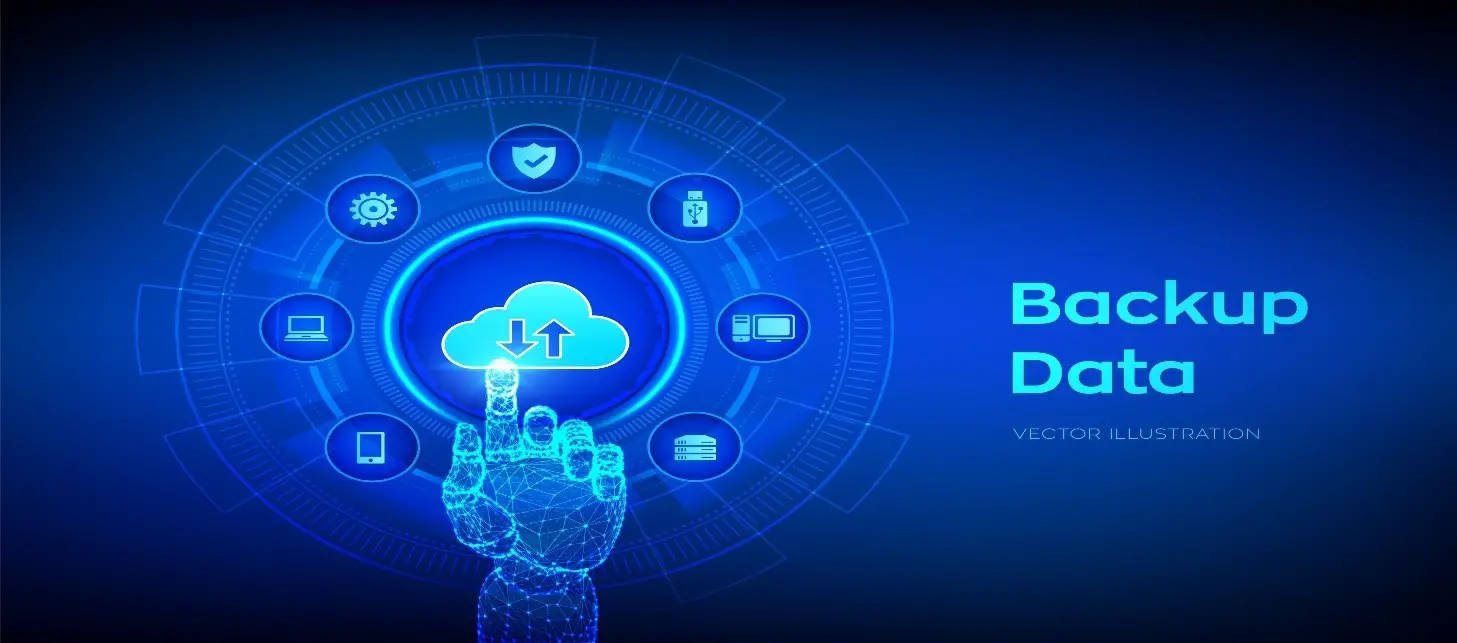
4. Training And Awareness Among Employees
Companies educate and train their employees with cybersecurity policies and other software updates. Teaching them about security practices and other cybersecurity techniques will prevent a hack. If there is no awareness about cyber threats to the employees, you lose your sensitive data. Also, you have to pay the penalty for the lost data. Additionally, employees can train themselves with videos and tutorials available on YouTube.
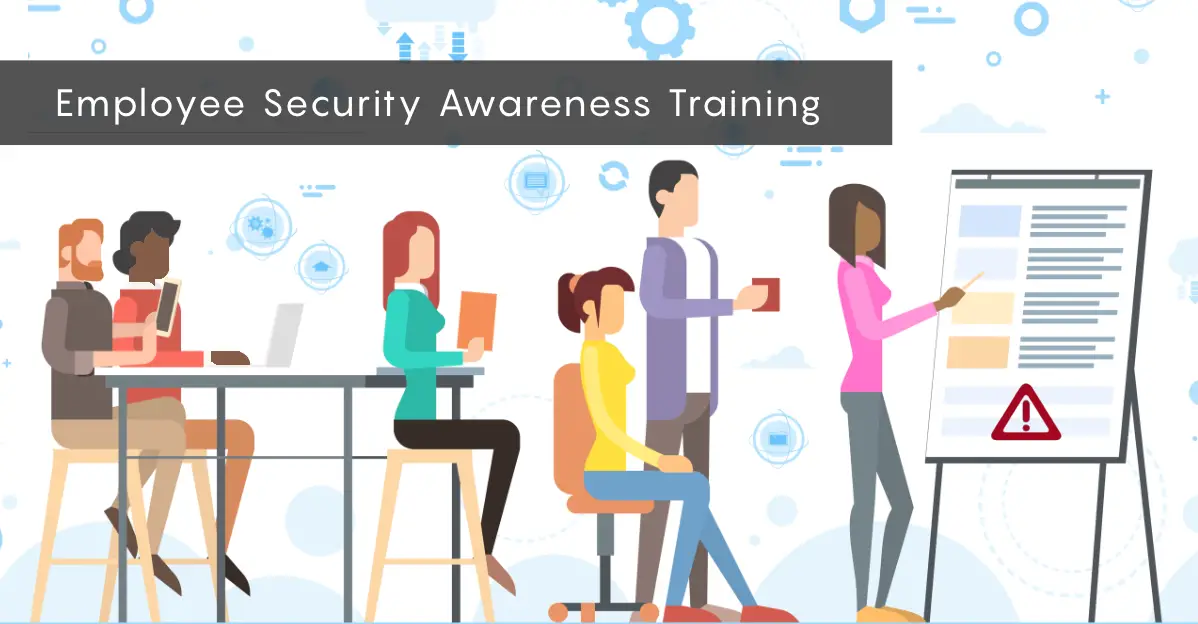
5. Secured Wifi Connection
Wifi networks should be safe, secured, and encrypted. While working from the office, you have your own company’s virtual private network. There is a need for a safe and secured VPN when you work from home or during travel. Using public wifi networks could be dangerous as they are vulnerable to attacks. One good VPN network is Norton VPN, which keeps your data private on your system.
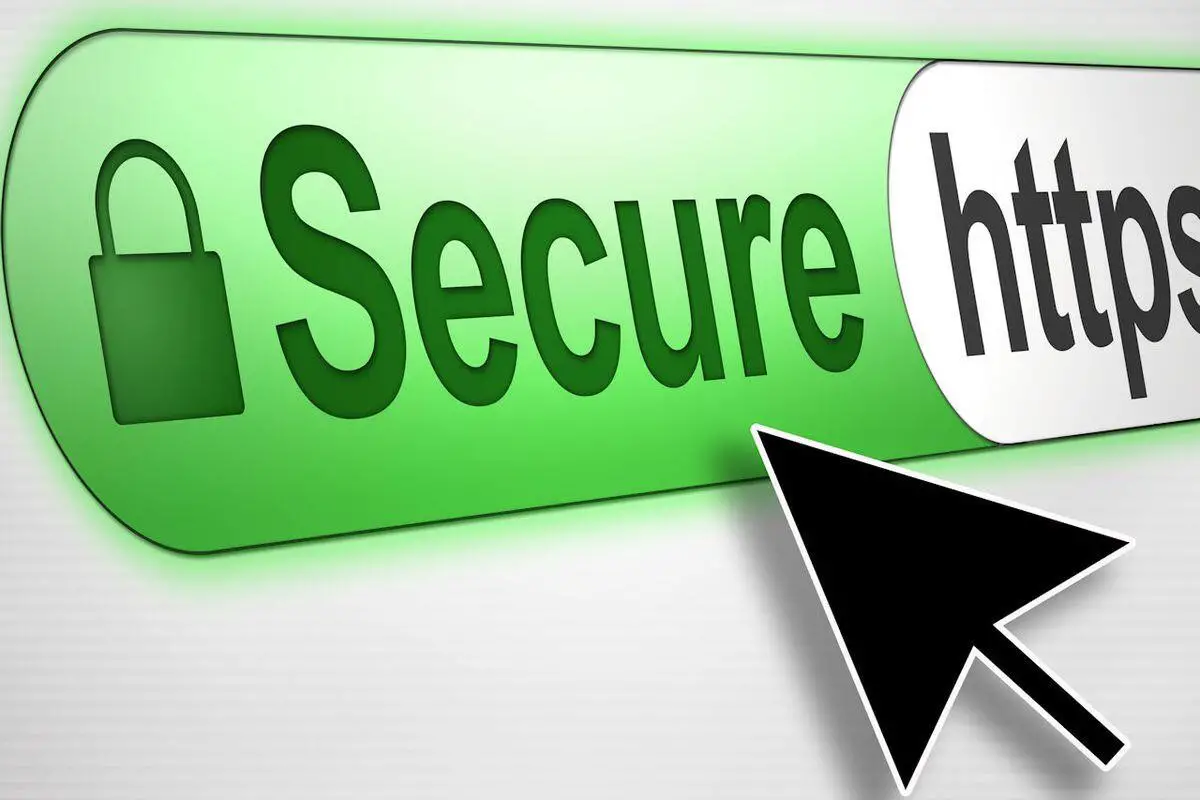
6. Implement Third-Party Controls
Third-party control is a principal part of cyber security. Data breaches start within the company when a third-party person gets access to your data. The confidential information about your customers, clients, and other employees gets leaked. Hence, it is required to monitor third parties to protect your data. Provide third-party access restrictions to a particular area and deactivate it once work is over.
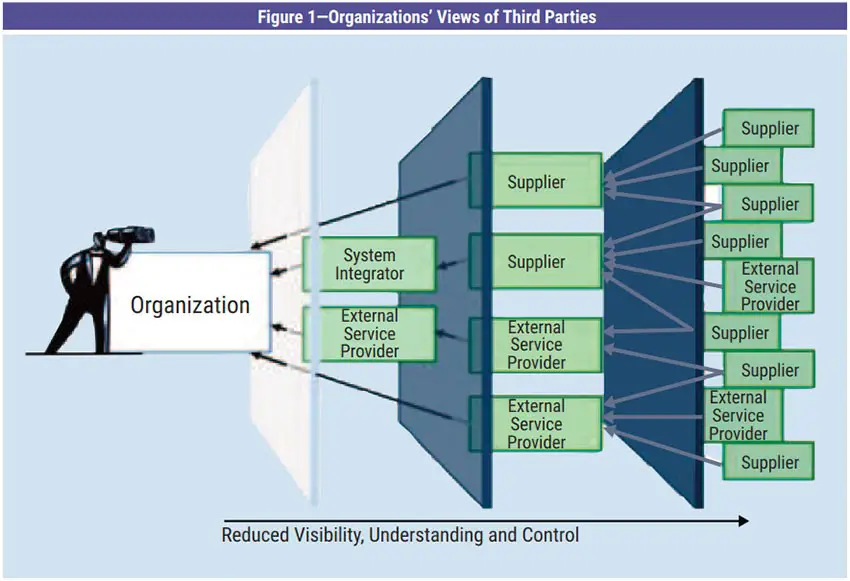
7. Disregard Pop-Ups, Links And Unnecessary Emails
We usually get some links, attachments, or video files in our emails regularly. With a single click on them, hackers get an advantage in accessing your data or blocking you from accessing it. Thus, you have to be cautious when you receive any links or attachments from a sender of whom you are unaware. So, never share your personal information or company data with emails or pop-ups.
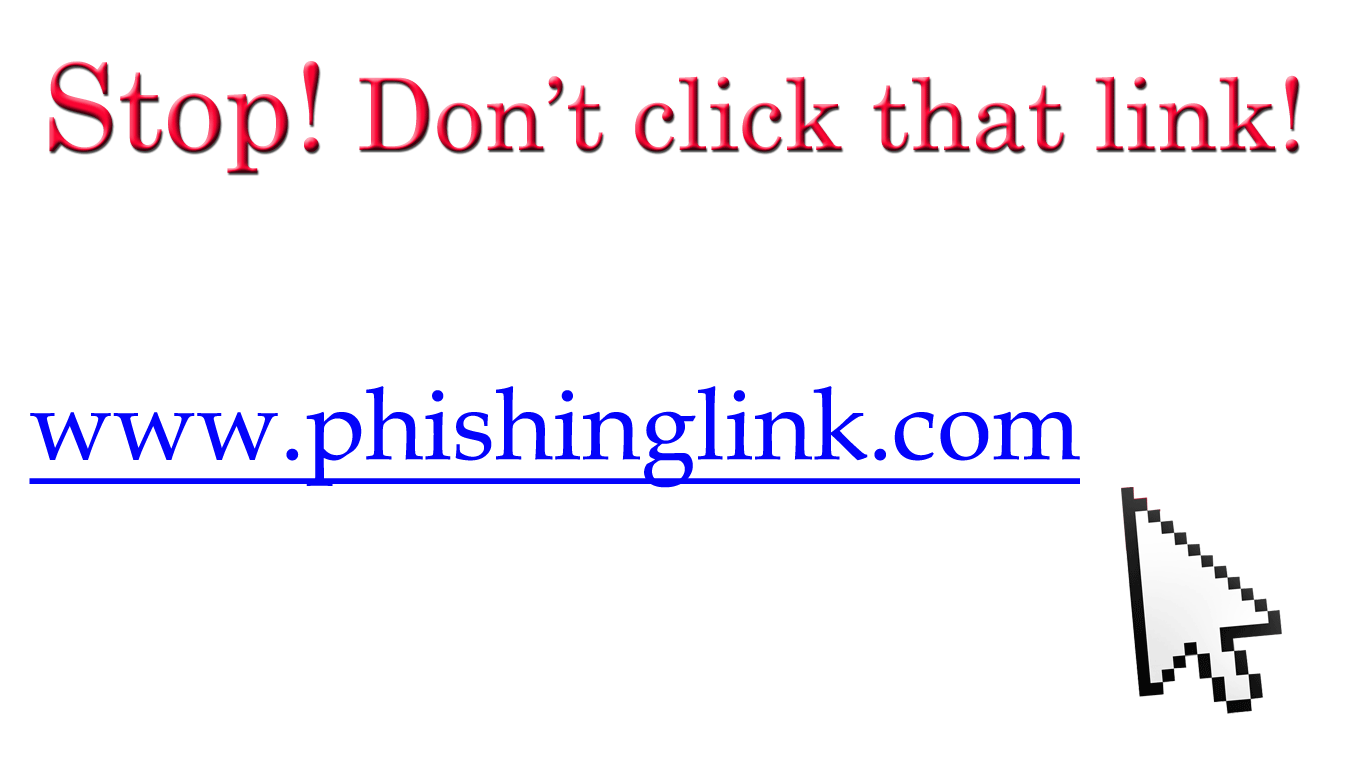
8. Updation Of Security Software
Verify that your security software, web browsers, and operating systems have updated with the latest versions. If you get a notification for a security update, do it instantly. It is one of the best IT security practices to follow. Installation of the latest updates on all devices and networks helps you protect from the cyberthreats.
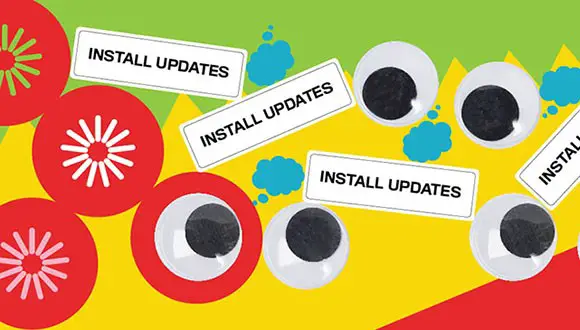
9. Monitoring Privileged Users
Privileged users are aware of the company’s secrets and have access to all data and information. They are the greatest asset to the company, and on the other hand, they are the highest threat. These users have all the ways to destroy the data. So, it is always better to monitor the privileged users and limit the number of privileged users.
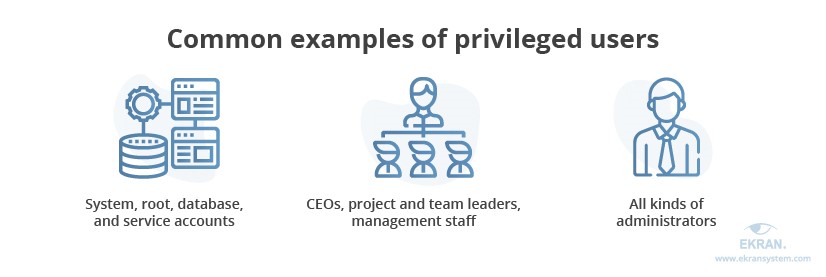
10. Connectivity With IT Technical Support
The company’s IT support team is a friendly part of your organization. You can always reach out to them for any security issues. Reporting about security warnings from your internet software to them will help you solve the problem reducing the complexity. From a safety point of view, it is also important to share any security updates with the technical support team before the installation.




